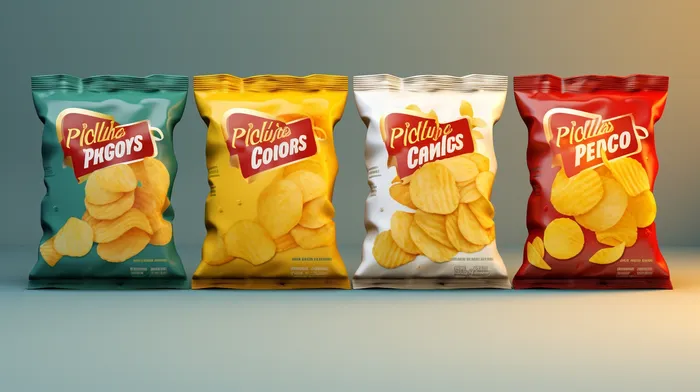Are SunChips® really all-natural? Some consumers have raised concerns, and now a lawsuit is questioning it as well. Frito-Lay®, a division of PepsiCo®, has found itself accused of deceptive marketing and advertising practices because it labels its products as all-natural despite containing genetically modified vegetable oil and corn.
Class Action Lawsuit Claims Fraudulent and Unfair Claims
The class action lawsuit argues that by labeling Tostitos® and SunChips® with the description “made with all-natural ingredients,” the company is deceiving consumers about the contents of its chips. According to the plaintiffs, the average consumer assumes that seeds created by swapping genetic materials across species to exhibit traits not naturally theirs are not considered “all-natural.”
The plaintiffs’ law firm, Milberg LLP, claims that Frito-Lay® is in violation of both California and Federal laws that prohibit fraudulent and unfair claims. In general, it’s important for companies to provide transparent and honest information about their products, as many consumers rely on this information to make informed decisions.
Frito-Lay® Stands Confident in Their Labeling Practices
Despite the ongoing litigation, a spokesperson for Frito-Lay® has expressed confidence in their approach to labeling. They told bakeryandsnacks.com, “While we do not comment specifically on ongoing litigation, we are confident that the labeling on our packaging complies with all regulatory requirements.”
The Bigger Picture: Consumer Concerns About GMOs
This lawsuit represents a larger debate occurring worldwide about the role that genetically modified organisms (GMOs) play in our food supply. Proponents of GMOs argue that they can help to improve crop yields, efficiency, and food quality. On the other hand, critics of GMOs express concerns about potential health and environmental risks associated with genetic engineering.
In-Depth Look: Understanding GMOs [1]
Genetically modified organisms (GMOs) are organisms whose genetic makeup has changed to incorporate new traits, usually through the insertion or deletion of genes. These changes are often made to increase the organism’s resistance to pests, improve nutritional content, or enhance flavor, among other reasons.
The debate surrounding GMOs in our food is complex and multifaceted. While the World Health Organization and other scientific authorities have deemed GMOs safe for human consumption, many consumers remain skeptical. Concerns about GMOs include a belief that genetically engineered foods could lead to unforeseen health problems and the environmental impact of widespread GMO cultivation.
Food Labeling Laws and Consumer Rights
Food labeling laws exist to protect consumers and ensure that the information provided about products is accurate, truthful, and easy to understand. This includes a requirement to disclose when a product contains genetically modified ingredients. In recent years, various governments have taken steps to tighten regulations surrounding food labeling.[2]
- The European Union requires products containing more than 0.9% genetically modified material to be labeled accordingly.
- The United States’ National Bioengineered Food Disclosure Standard (NBFDS) requires companies to disclose whether or not their products contain bioengineered ingredients.
- Other countries, such as Japan, Australia, and New Zealand, have also established GMO labeling laws.
How Can Consumers Make Informed Choices?
While legal debates continue, consumers play a crucial role in voicing their preferences and choosing products that align with their values. Here are a few suggestions for individuals who want to take a more proactive approach to understanding what’s in their food:
- Look for labels that indicate a product’s GMO status. For example, products labeled as USDA Organic are not allowed to contain genetically modified ingredients.
- Support companies that prioritize transparency and make an effort to provide clear and honest information about their products.
- Conduct personal research to understand the potential benefits and drawbacks of genetically modified foods. Several high-quality resources available for learning more include the Center for Science in the Public Interest, Genetic Literacy Project, and The Non-GMO Project.
Conclusion
The ongoing lawsuit against Frito-Lay® brings attention to the broader topic of genetic modification in our food supply and the importance of transparency in food labeling. As consumers continue to seek clarity on the contents of their favorite snacks, demand for stricter regulations and clear labeling will undoubtedly grow. Whether it’s SunChips® or another snack, understanding the ingredients and the potential concerns surrounding GMOs empowers individuals to make informed decisions about their dietary choices.



